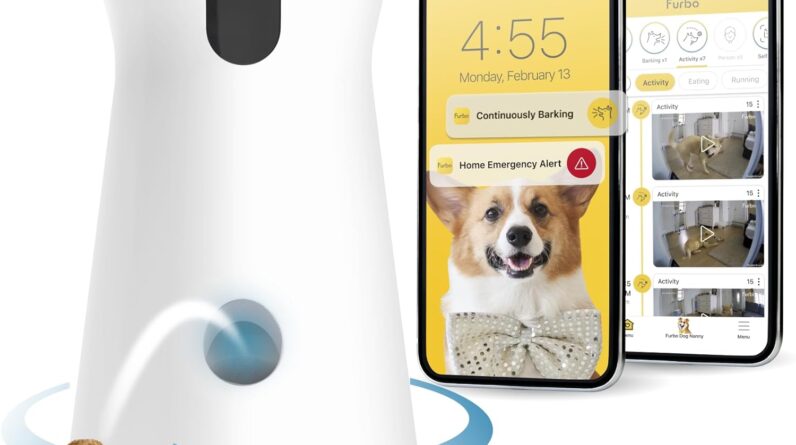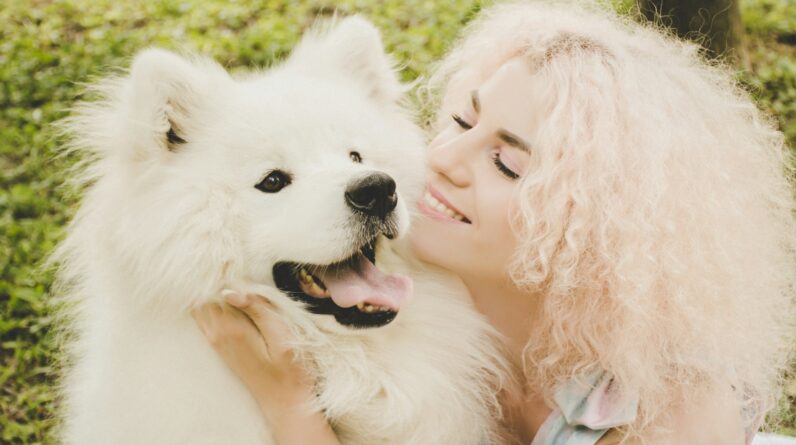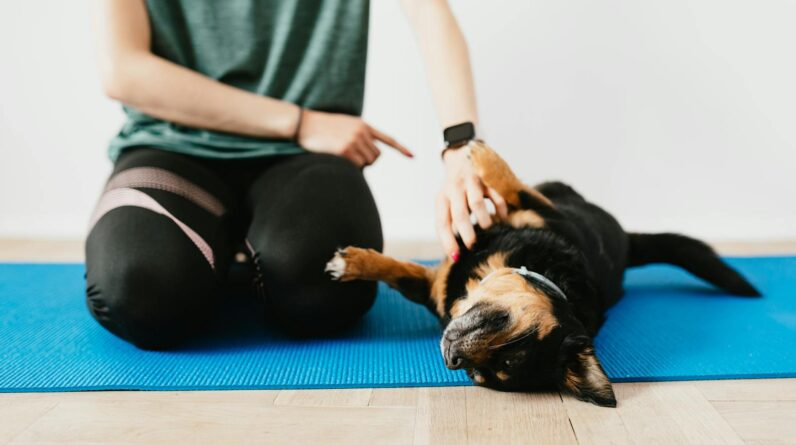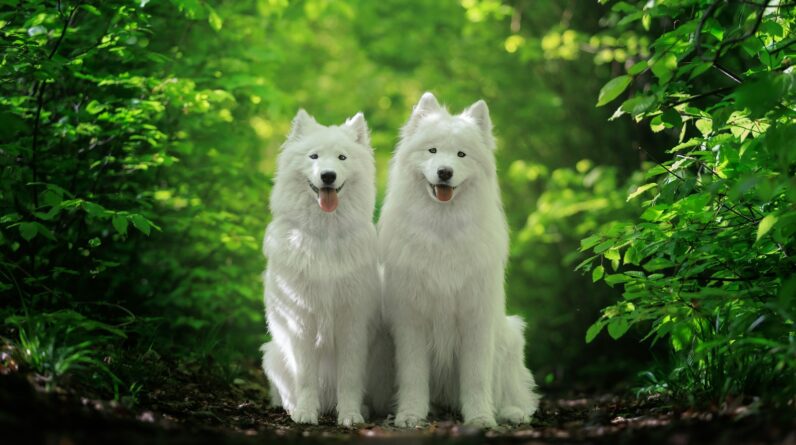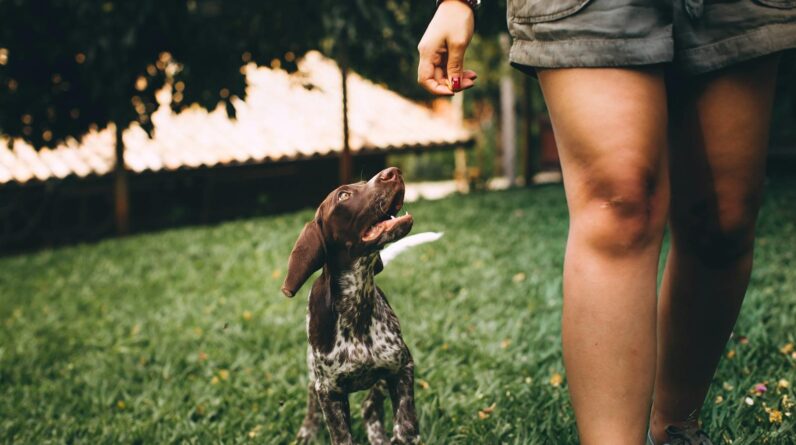
When Your Pup Skips a Meal: What’s Going On?
Hey friends! Have you ever noticed your furry buddy nudging his food bowl around but not really eating? It’s kind of like when you push your peas around the plate but don’t actually want to eat them. Dogs do that too! But why don’t they want to munch on their kibble sometimes? Let’s dig into a few reasons your dog might not be eating and what you can do to help.
They’re Just Not That Hungry
Sometimes, your dog might not eat because they’re simply not hungry. If they had a big meal earlier or found some snacks lying around the house, they might skip a meal. Also, just like how you’re not always hungry, dogs can feel the same.
Somethin’ Feels Funny
If your dog’s tummy is upset or if they are feeling sick, they might not want to eat. Imagine how you feel when you have a cold, you don’t really feel like eating right? Dogs get that too. They can get sick from eating something bad or just from not feeling well.
New Stuff Makes ‘Em Nervous
Maybe you got them a new type of food, or you moved their bowl to a different spot. Just like you might be iffy about trying new food or sitting in a different spot in the cafeteria, dogs can get nervous about new things too. They like their routine, and changing it up can make them not want to eat.
Feeling Blue
Yup, dogs can get sad too. If there’s a big change like a new pet in the house or someone’s moved out, your dog might feel a little down. When we’re sad, sometimes we don’t feel like eating, and dogs go through the same kind of thing.
Too Hot or Too Cold
Weather can affect eating habits. When it’s super hot, your dog might not be as hungry. Same goes when it’s cold, or your dog might be really hungry. Keep an eye on how the weather might be affecting your pup’s appetite.
Helping Your Hungry Buddy
So, what can you do when your dog isn’t eating? Let’s go over a few things you can try to help:
Keep It Regular
Have set times for eating. Breakfast and dinner at the same time every day helps your dog know when it’s time to eat.
Work Up An Appetite
Exercise is important. Just like you play and run around to get hungry for dinner, make sure your dog gets lots of playtime too. A good walk or game of fetch can make them ready to eat.
Don’t Make a Big Deal About It
If your dog isn’t eating, don’t make a big fuss. This can sometimes make it harder for them to eat. Just leave the food out for a bit, and if they don’t eat, take it away and try again later.
Check With The Vet
Call the vet if your dog keeps skipping meals or if you’re worried. It’s always good to check if there might be something else going on that’s making them not want to eat.
Comfy Eating Spot
Make sure their food bowl is in a comfy, quiet place where they can eat without being bothered. Nobody likes to eat when there’s a lot of noise or if they’re being bugged.
A Little Mix-Up
If your dog is bored of their food, try mixing in a little bit of something yummy. You can add a bit of chicken or some wet food. But don’t change their diet too much all at once, because that can upset their stomach.
Stay Calm and Patient
Last of all, don’t worry too much. Most times, your dog will start eating again when they’re ready. Just be patient, keep an eye on them, and show them some extra love.
And Remember…
Every dog is different. Just like your little brother doesn’t like broccoli but you do, dogs have their likes and dislikes. So get to know what your dog loves and what they’d rather leave in the bowl. And if you’re ever unsure, talking to your vet can give you the best advice. Just take care of them and make sure they know you’re there to help them get back to their happy, tail-wagging self. Well, that’s all for now, folks!
What could be causing my dog to suddenly stop eating?
Sometimes dogs stop eating because they’re feeling unwell. It could be something simple like a change in their environment or routine that’s putting them off their food. Other times, it might be a sign of an upset stomach, dental issues, or something more serious that needs a vet’s attention.
Also, consider if your dog’s diet has recently changed. New foods can cause a lack of appetite simply because your pup is not used to them. Be sure to transition to new foods gradually to avoid this problem.
How can I encourage my picky dog to eat their food?
If your dog is being picky, try spicing up their meals. Mix a bit of wet food in with their dry kibble, or add some low-sodium chicken broth to make it more appealing. Just make sure it’s dog-safe and doesn’t contain harmful ingredients like onions or too much salt.
Sometimes, warming their food slightly can release aromas and make it more enticing. Remember not to force them to eat. Make meal times stress-free and give them some space to eat peacefully.
Is it okay if my dog skips a meal every now and then?
Yep, sometimes dogs skip meals, especially if they’re not feeling super hungry or if they’re feeling a bit under the weather. It’s usually nothing to worry about if it’s a one-off thing. Keep an eye on them, though, and see if their appetite comes back by the next mealtime.
But if your dog is regularly skipping meals or has other symptoms like lethargy or vomiting, it’s a good idea to check in with your vet. They might need a little extra help figuring out what’s up.
My dog eats too fast and then gets sick. How can I slow them down?
Eating too fast is a common problem, but it’s fixable. Slow feeder bowls work wonders. They have ridges and mazes that make dogs work for their food, slowing them down. You could also spread their kibble on a baking tray, which makes them take more time between bites.
Another trick is to divide their food into smaller, more frequent meals throughout the day. This can prevent gulping and reduce the chances of them getting sick after eating.
Should I feed my dog at the same time every day?
Dogs love routines, and eating at the same time every day can help keep their digestive system regular. It also helps them feel secure, knowing when they can expect their next meal. So try to stick to a schedule as much as you can.
If your schedule changes and you need to adjust their feeding times, do it gradually. Shift the time a little bit each day until you get to the new schedule. This helps prevent any stress or upset to their routine.
Key Takeaways
- It’s totally common to stress out when your furry buddy turns up their nose at dinner—after all, they’re usually chow hounds!
- Don’t freak out right away. Sometimes dogs skip meals because they’re not as hungry, are feeling a bit off, or they’re reacting to a new environment or routine.
- Here’s a heads up: if your pup keeps snubbing their kibble, it might be time to consider other issues like dental pain, digestive troubles, or even pickiness.
- Consider what’s in their bowl—maybe they’re just not into it anymore. Just like us, dogs can get bored with the same old food every day.
- Stay vigilant for symptoms that scream ‘vet time!’ – we’re talking changes in weight, energy, or poop habits. These signs can point to something more serious that needs professional attention.
- Alright, let’s play detective with their diet. Try mixing things up with a new flavor or type of food. But, remember, do it slowly to avoid tummy upsets—no one likes those.
- Treat them to a little extra TLC during meal times. Make it calm, peaceful, and free from distractions so they can focus on feasting.
- Don’t let leftovers linger too long. If they’re not eating what’s in their bowl, take it away and try again later. This can help prevent bad habits.
- Training tip: make meals a part of their regular routine. Dogs are creatures of habit and love a good schedule.
- And hey, if you’ve tried the tricks and things still aren’t right, it’s worth a chat with your vet. Your pup’s lack of appetite could be a clue about their health that shouldn’t be ignored.
Final Thoughts
Hey there, it’s a real bummer when your furry friend turns up their nose at dinner. Remember, it could be anything from a minor tummy bug to stress about that new vacuum cleaner. First up, don’t panic. Maybe they’re just not digging their kibble brand anymore or had too many treats.
Try shaking up their meal routine with something new and tasty, and keep tabs on any other odd behavior. If they’re off their food for more than a day or so, it’s vet time to rule out the scary stuff. Most importantly, give them loads of love. Sometimes, a little extra TLC is all it takes to get that tail wagging and appetite back on track. Keep it simple, and you’ve got this!


